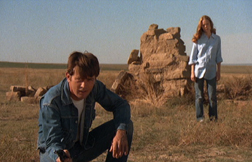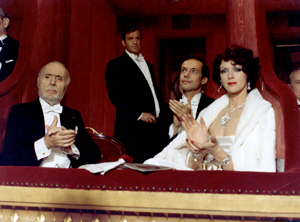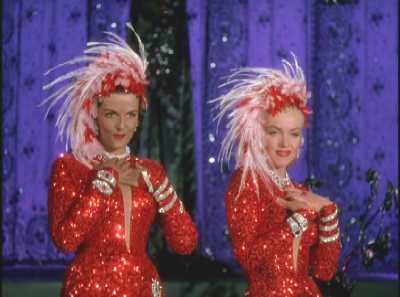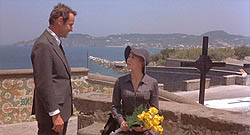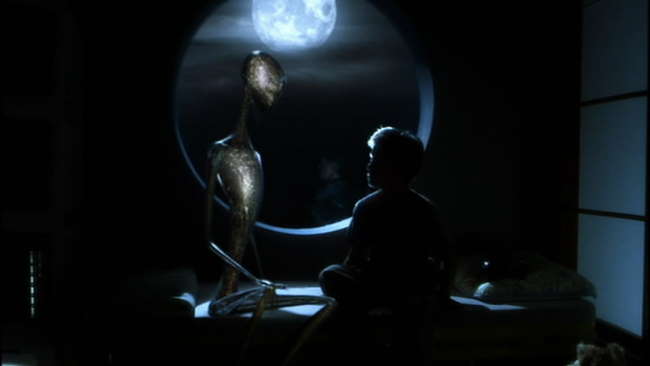Written for a special retrospective issue of the French film magazine Positif at the request of editor Michel Ciment in June 2002. — J.R.
1974, the year in which I contributed a short article about -— and accompanying interview with —- Jim McBride for the avril [April] issue of Positif (no.158), was also the year in which I moved from Paris (where I had been living as a freelance writer, with mixed success, since 1969) to London (to work on the staffs of Monthly Film Bulletin and Sight and Sound at the British Film Institute): a profound cultural shift, though not nearly as radical as it was moving from London to San Diego in early 1977.
Cinematically speaking, it was the year in which I discovered two of Jacques Rivette’s greatest films — Céline et Julie vont en bateau (seen initially as a workprint, tentatively entitled Céline et Julie vont en zizanie at several private screenings at Claude Lelouch’s Club 13, thanks to my friendship with one of the screenwriters, Eduardo de Gregorio) and Out 1: Spectre (initially at the Palais de Chaillot Cinémathèque, a press show where the 16mm projectors kept breaking down repeatedly; then many more times at Studio Gît-le-Coeur, only a short hop from my sunless flat on Rue Mazarine, where, along with Gilbert Adair and Lauren Sedofsky, I would later interview Rivette for Film Comment).
Other memorable film-related events included two screenings in a row of Bresson’s Lancelot de lac held for Bresson himself with members of his cast and crew (Positif’s Bernard Cohn, an assistant director, kindly lent me his copy of the script —- although I discovered to my regret and embarrassment two decades later that he never got it back); interviewing Paul Morrissey about Blood for Dracula in Jean-Pierre Rassam’s suite, with Nico in attendance; my first viewings of Pudovkin’s Deserter and Dovzhenko’s Ivan and a reception for Gloria Swanson, all at the Cinémathèque in March; lunch with Tati and his assistant Marie-France Siegler (for whom I’d worked briefly the previous year) at La Garenne-Colombe in July; lunch with Preminger near one of his Rosebud locations ten days later (again thanks to Bernard Cohn, working again as assistant director) —- and, two months later in London, persuading Preminger (then editing on Dean Street) to sign a petition of the BFI’s union, which had just gone on strike; my first looks at d’Arrast’s Laughter and Fassbinder’s Martha at London’s National Film Theater, and press screenings of Badlands and La maman et la putain in Soho.
Among the more significant Paris openings that year were Welles’ F for Fake (after a press screening in late 1973 with Lotte Eisner, whose verdict at the time was, “It isn’t a film”), Fassbinder’s Ali, and Resnais’ Stavisky (which I had watched some of the shooting of, at Théâtre Mogador and Epinay-sur-Seine). On balance, I’d describe 1974 as a transitional year, both in the cinema (from the last gasps of the nouvelle vague in Rivette and Eustache to some significant stirrings in the new German cinema) and in my own life.
Ten Favorite Films, 1952-2001:
Chronological order:
1. Gentlemen Prefer Blondes (1953)
2. Sansho the Bailiff (1954)
3. The House is Black (1962, Forugh Farrokhzad)
4. Gertrud (1964)
5. Playtime (1967)
6. Out 1 (both versions, 1971-72)
7. Avanti! (1972)
8. Distant Voices, Still Lives (1988)
9. The Wind Will Carry Us (1999)
10. A.I. Artificial Intelligence (2001)




